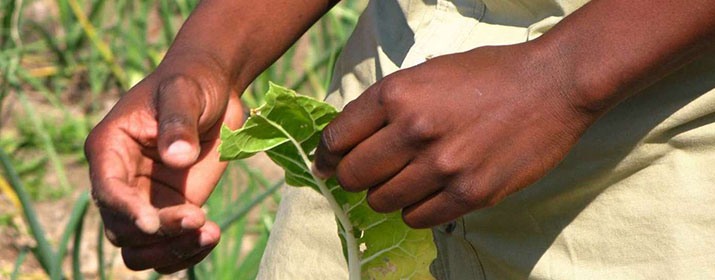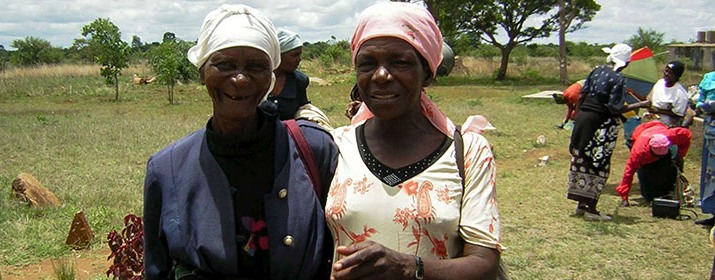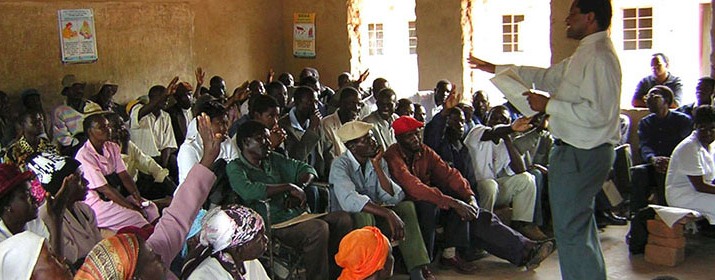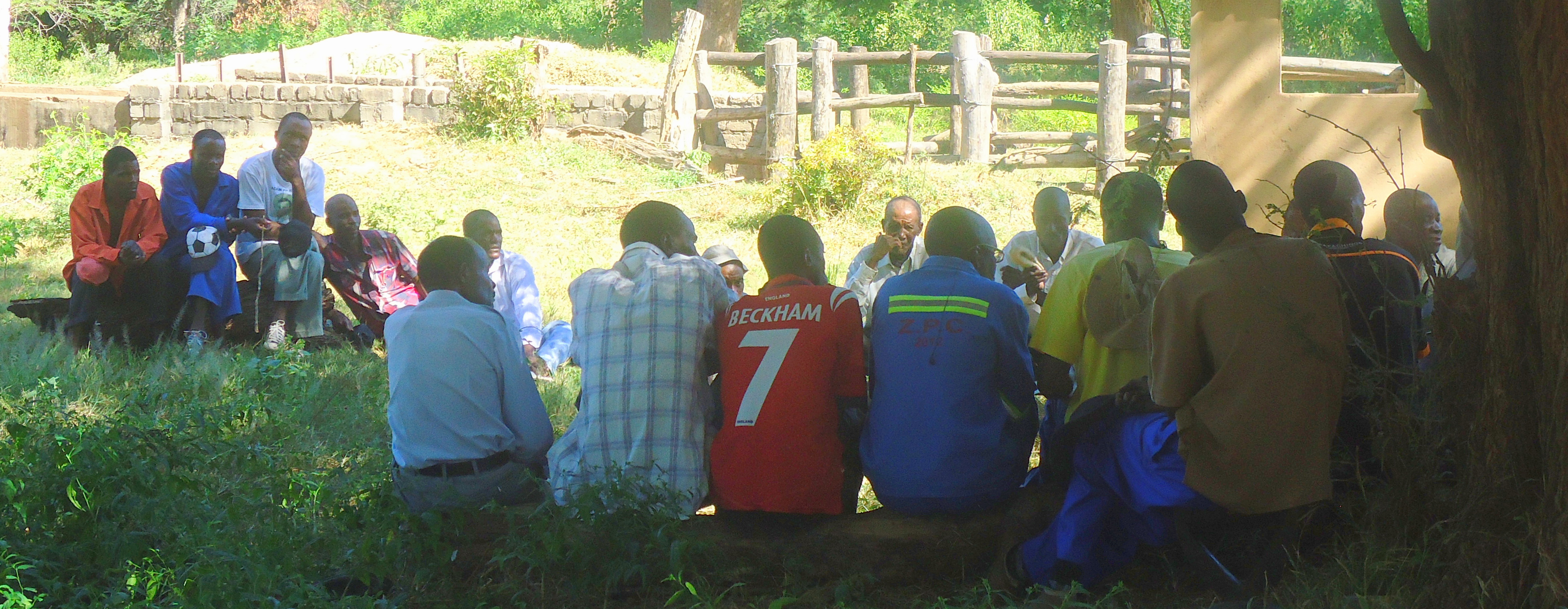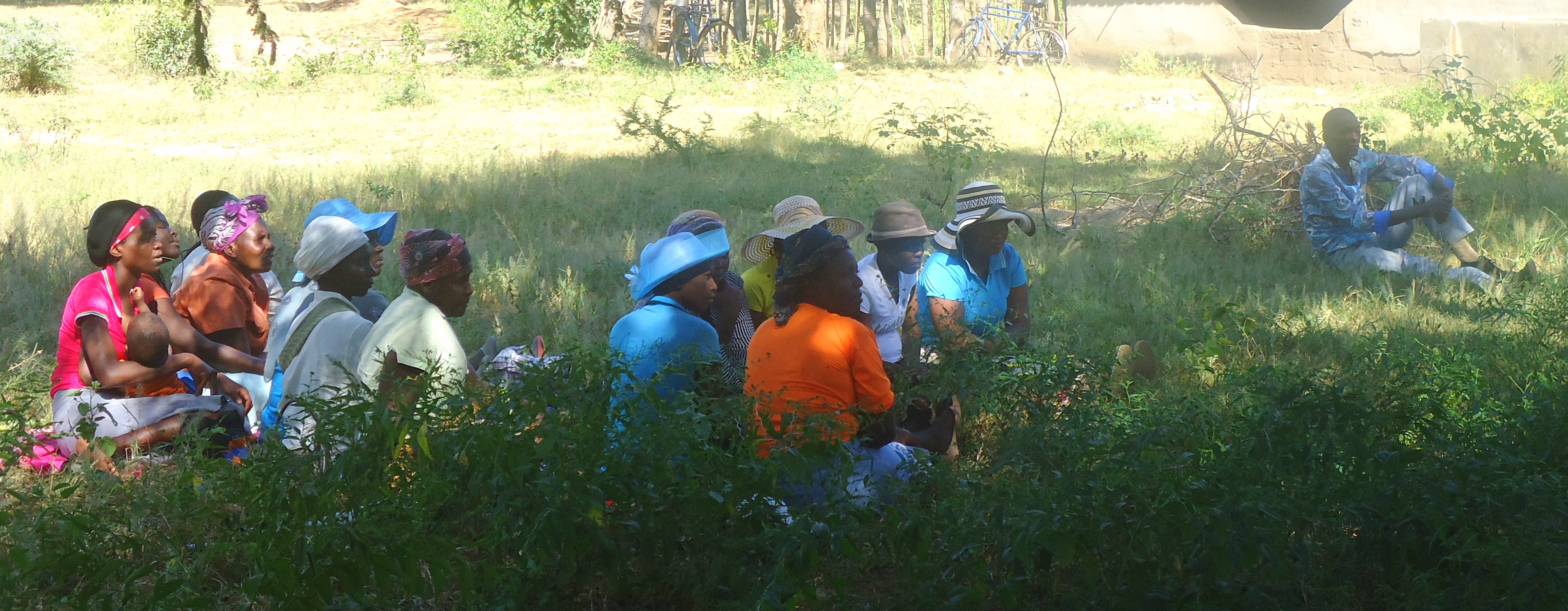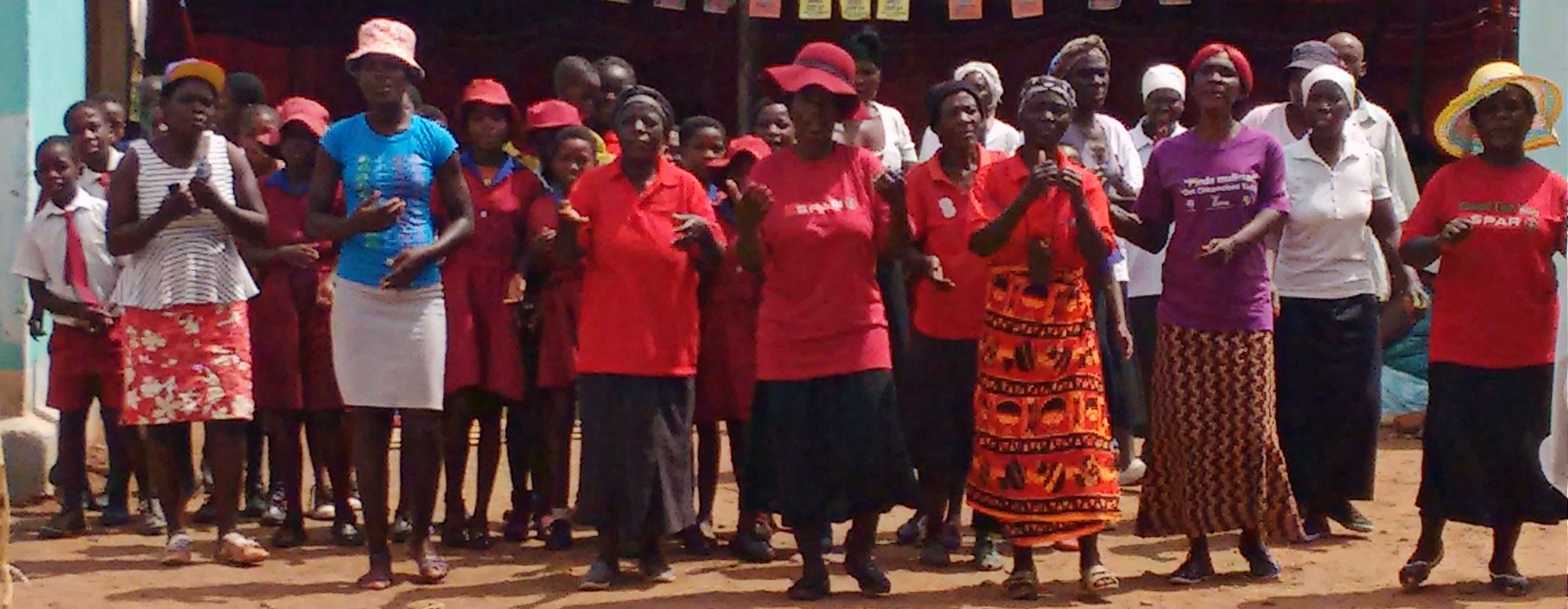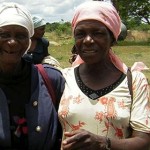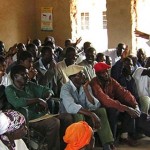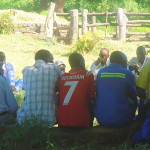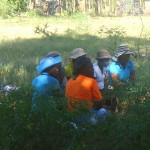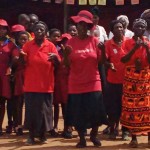Zimbabwe is one of the countries with a high HIV prevalence, where young people remain at the centre of the HIV and AIDS epidemic in terms of rates of infection, vulnerability, impact and potential for change. According to the National AIDS Strategic Plan, the country has identified as national priorities the reduction of the annual infections by 50% by 2015.
The project aims at contributing to the prevention and fight against HIV and AIDS improving the sexual and reproductive health and rights in Mashonaland West Province through education, psychosocial assistance, capacity building and community sensitization. In particular, the objective is to improve awareness, care, support and treatment services to young people in order also to reduce sexually transmitted infections cases, unwanted pregnancies among girl children who attend to schools and school drop-out among them.
The action is based on the creation of a network of schools and clinics that will be the focal point to provide a set of integrated services, sensitization and social protection initiatives. Direct beneficiaries will be young people aged between 15 and 25 years, in particular 3.308 pupils of 5 main hub schools of the archdiocese of Harare and 35.000 in 50 satellite schools.
The activities that are conducted within the schools include the development of a core team of trained teachers who will spearhead the process in their schools, the creation of health programmes and clubs and the enhancement of counselling services including sexual and reproductive health and rights.

